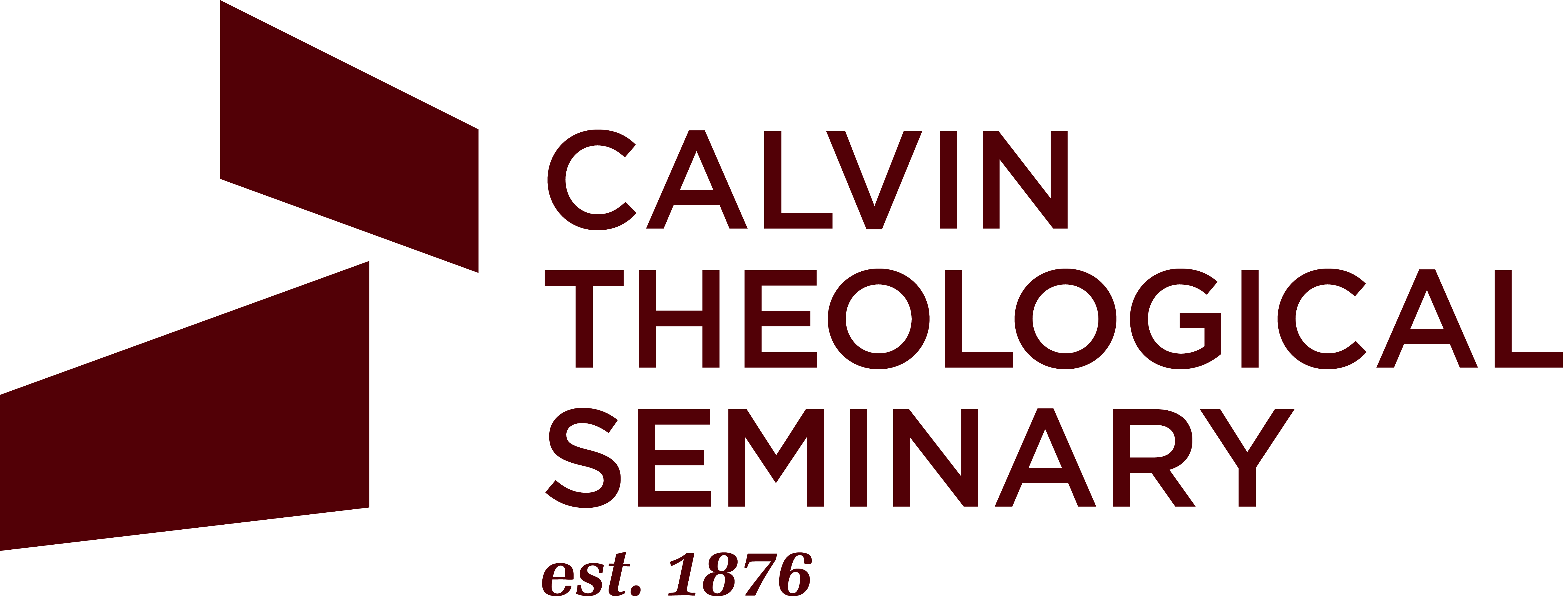Empowering Students Through Competency-Based Theological Education
Published by Aaron Einfeld
In his book Leadership Revolution, author John M. Perkins reminds us that when God wants to do something in the world, he often calls humans to leadership roles to make it happen. Moses is one case study in this. When God was ready to free the Israelites from slavery, he called Moses to carry out the work. Similarly, at the Great Commission, Jesus asks the disciples to train new disciples in the way of Jesus. Since its founding, the Christian Church has continually adapted how it equips leaders and forms disciples based on the technology and needs of a particular time in history.
Throughout the early Church, pastors trained other pastors in an apprenticeship model. Pastors learned a way of life through day-to-day practice with seasoned mentors. Together, pastors studied scripture, practiced spiritual disciplines, and learned the knowledge and skills required for serving the growing Church. This apprenticeship training was relational, embodied, and took place within the church. Leaders learned by doing.
Seminaries, as we know them in the West, are a relatively modern invention. For the most part, seminaries in the United States and Canada are modeled after the university systems imported and adapted from medieval Europe. Universities were a significant development because they solved an efficiency problem: One instructor could teach a large classroom of students. Universities also solved an access problem. In the apprenticeship model, the apprentice is limited by what their mentor can provide. University students gained access to an entire faculty of biblical and theological experts. Students gained relationships and perspectives beyond their church contexts. Faculty could dedicate their entire lives to unpacking the mysteries of scripture and sharing their discoveries with students.
But this new model came at a cost. Students had to leave their ministry setting to go to school. Ministry training happened in the classroom instead of the church. Consequently, the structure of theological education resembled a university, with its sprawling divisions, departments, disciplines, and subdisciplines. For example, the field of theology splintered into subdisciplines: practical, systematic, historical, and biblical. These subdisciplines created artificial boundaries between subject areas that fragment rather than integrate the student-learning experience. These socially constructed categories artificially separate the head, hands, and heart.
Then came the internet and the Digital Age. Online learning enabled students to remain in their ministry context while accessing formal theological education. Information became ubiquitous, and students no longer needed to access a university for expert information. Still, the first generation of distance-learning programs at seminaries focused on accumulating academic credits rather than demonstrating integrated competency for ministry.
Now, there is a new ministry training and leadership development that is gaining traction: Competencybased theological education. This ancient-future training combines the best apprenticeship, university, and distance-learning learning models.
In light of this, Calvin Seminary launched Empower in the fall of 2022. Instead of completing traditional classes, students in the program are guided by a three-person mentor team to develop competencies for ministry. These competencies each encapsulate a combination of knowledge, character, and skill. For example, to demonstrate competence in the Bible, students must be able to do more than convey the content of the Bible. To achieve biblical competency, students must demonstrate to their mentor team that the gospel shapes their character and ministry practice.
The mentor team includes a CTS faculty member and experienced ministry leaders who coach, guide, and assess students as they develop and demonstrate competency for ministry. Students complete a program when they demonstrate sufficient competence in all program competencies. Simply put, Empower moves the leadership development process back into the church. Through expert team mentoring and in-context learning, students develop the head, hand, and heart in a more relational and integrated way.
We’ve seen initial success with 24 students and two partner organizations (Sunlight Community Church and Grand Valley State University Campus Ministry) participating in our pilot version of Empower.
Become a student or mentor or learn more about Empower: calvinseminary.edu/empower.
Share
Visit Calvin Theological Seminary’s Campus
We can’t wait to host you on campus! Schedule your visit today, or, if you need more time to find a date that works for you, please request information so we can continue the conversation about supporting your calling!
